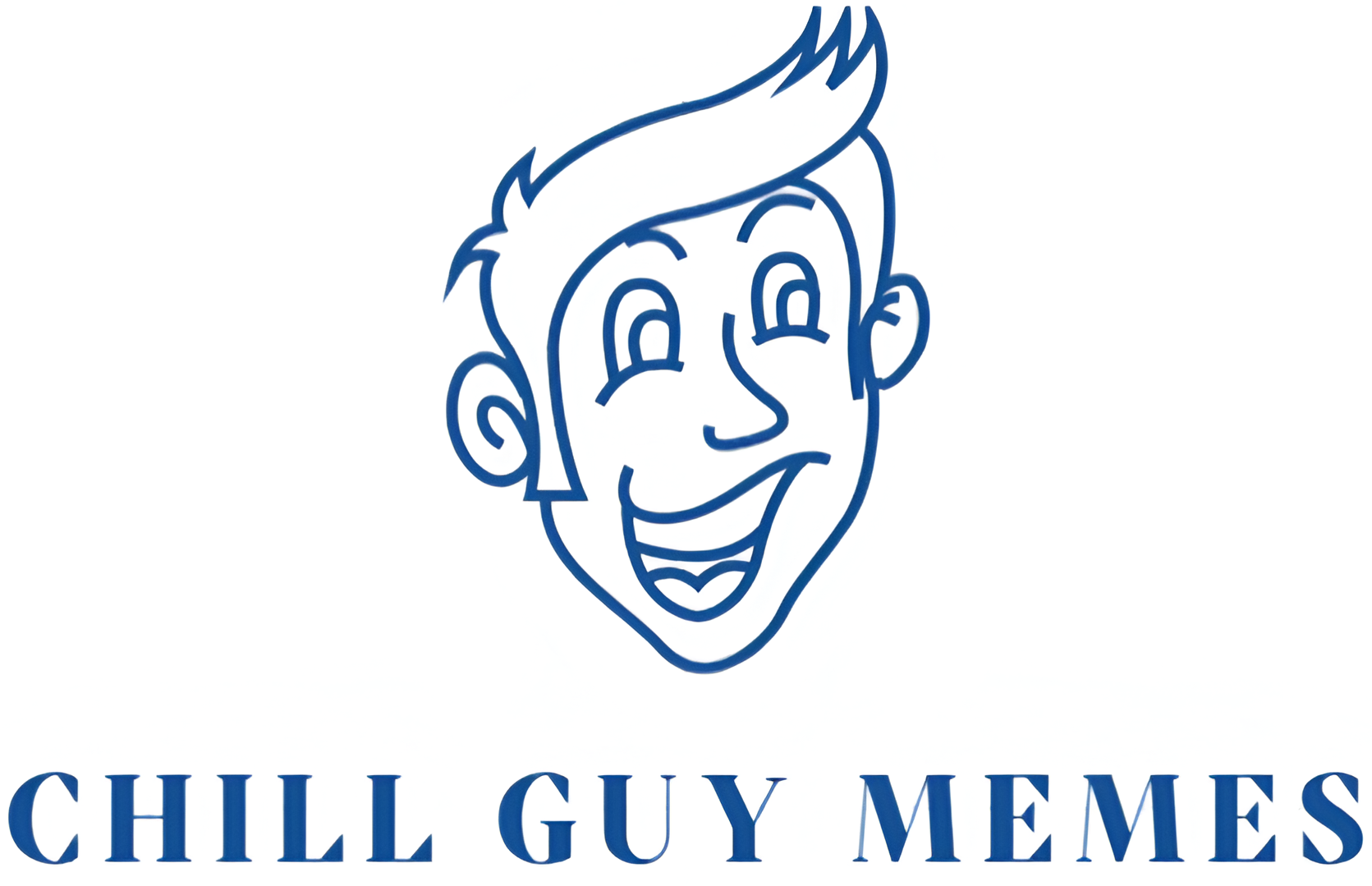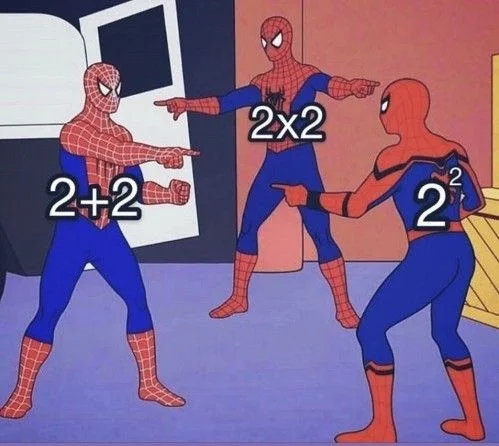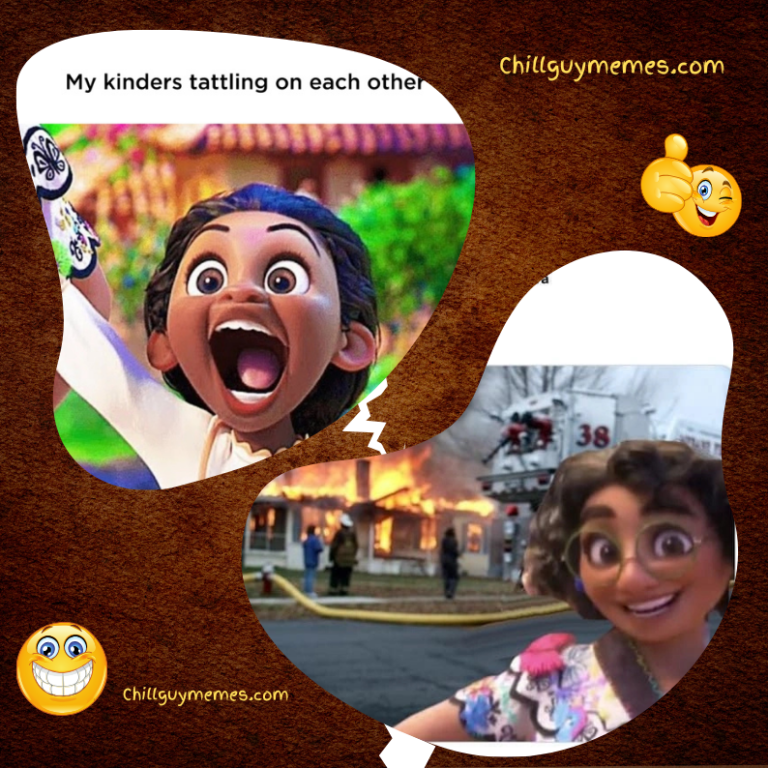30+ Best Offensive Memes 2025
Offensive Memes are the universal language of the internet—quick, relatable, and often hilarious. But what happens when humor crosses the line into offensiveness? Offensive memes, which target individuals, groups, or sensitive topics through stereotypes, mockery, or harmful imagery, have sparked heated debates about free speech, accountability, and the ethics of digital culture.
Offensive Memes

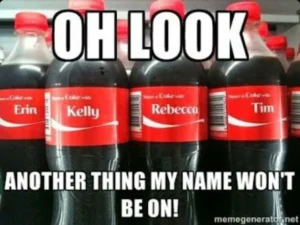

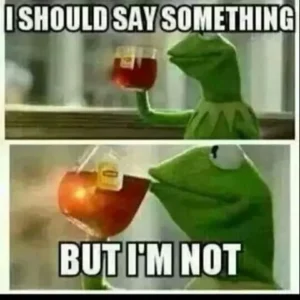




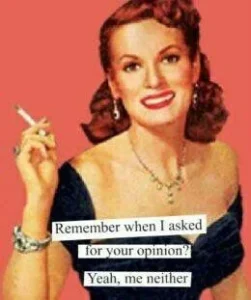










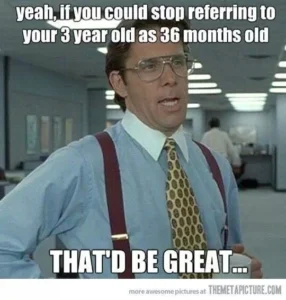



What Are Offensive Memes?
Offensive memes are images, videos, or text posts designed to provoke laughter by mocking or belittling specific people, communities, or sensitive subjects. Common themes include:
- Stereotypes: Racial, gender, or cultural generalizations (e.g., memes mocking ethnic accents or traditions).
- Trauma Exploitation: Jokes about tragedies, mental health, or violence (e.g., school shootings, suicide).
- Body Shaming: Ridiculing physical appearances, disabilities, or weight.
- Hate Symbols: Subtle or overt use of imagery tied to extremist ideologies.
While some defend offensive memes as “dark humor” or satire, others argue they normalize harmful attitudes and alienate marginalized groups.
Why Do Offensive Memes Exist?
1. Shock Value
In a crowded digital landscape, outrageous content grabs attention. The more taboo the meme, the more shares and engagement it often receives.
2. Group Bonding
Shared humor can reinforce group identity. For example, niche online communities might use offensive memes as inside jokes to exclude outsiders.
3. Lack of Accountability
Anonymity on platforms like 4chan or Reddit allows users to post offensive content without real-world consequences.
4. Satire vs. Harm
Some creators argue their memes critique societal issues (e.g., political cartoons). However, satire requires clarity of intent—something often lost in meme culture.
The Impact of Offensive Memes
1. Psychological Harm
For targeted groups, repeated exposure to derogatory memes can lead to:
- Increased anxiety or depression.
- Feelings of isolation or dehumanization.
- Reinforcement of internalized stereotypes.
2. Normalizing Hate
Studies show that even “joking” exposure to prejudiced content can desensitize people to real-world discrimination.
3. Legal and Social Consequences
- Cyberbullying: Offensive memes targeting individuals have led to harassment campaigns.
- Job Loss: Employees fired for sharing offensive memes (e.g., racist or sexist posts).
- Platform Bans: Social media networks increasingly remove hateful content under community guidelines.
The Gray Area: When Does a Meme Become Offensive?
Context is key. Consider these questions:
-
Who is the target?
- Punching up vs. punching down: Mocking powerful figures (e.g., politicians) differs from targeting marginalized groups.
-
What’s the intent?
- Is the goal to provoke thought or just to offend?
-
What’s the impact?
- Could the meme cause real harm, even if unintentional?
Example: A meme mocking a celebrity’s fashion faux pas is less harmful than one perpetuating racist stereotypes.
How to Navigate Offensive Memes Responsibly
For Consumers:
-
Think Before Sharing
- Ask: “Could this meme hurt someone?”
-
Call Out Harmful Content
- Report violations on social platforms.
- Privately educate friends who post offensive memes.
-
Amplify Positive Alternatives
- Support creators who use humor to uplift rather than tear down.
For Creators:
-
Know Your Audience
- Avoid inside jokes that rely on exclusion or prejudice.
-
Use Content Warnings
- Flag sensitive material (e.g., “TW: Mental health”).
-
Listen to Feedback
- If someone says your meme is hurtful, reflect rather than dismiss.
The Role of Social Media Platforms
Platforms like Instagram, TikTok, and Twitter face pressure to moderate offensive memes without stifling free speech. Current strategies include:
- AI Filters: Automated systems detect and remove hate speech.
- User Reporting: Communities flag inappropriate content.
- Shadowbanning: Limiting the reach of rule-breaking accounts.
However, enforcement remains inconsistent, and many offensive memes slip through the cracks.
Conclusion: Balancing Humor and Humanity
Offensive memes sit at the crossroads of comedy and cruelty. While humor is a vital part of human connection, it shouldn’t come at the expense of others’ dignity. As digital citizens, we have a responsibility to critically evaluate the content we create and share. By choosing empathy over edginess, we can foster an internet culture that laughs with people, not at them.
So next time you scroll past a meme, ask yourself: “Is this funny, or just hurtful?” The answer might just make the web a kinder place. ✨
Read More: Halloween Memes
FAQs About Offensive Memes
1. Aren’t offensive memes just jokes? Why take them seriously?
Humor is subjective, but memes can still cause harm. What’s “just a joke” to one person may perpetuate stereotypes or trauma for others.
2. Can offensive memes be illegal?
Yes, if they include threats, harassment, or hate speech violating local laws. For example, Germany bans Nazi symbolism, while India penalizes caste-based memes.
3. How do I respond if I’m targeted by an offensive meme?
- Document: Take screenshots as evidence.
- Report: Use platform reporting tools.
- Seek Support: Reach out to friends, family, or anti-bullying organizations.
Read Also: Shayari Path
